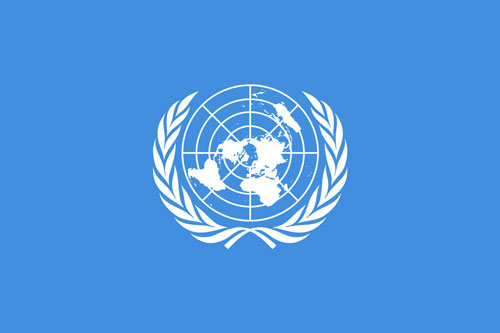Islamabad
At the United Nations, Pakistan has opposed the addition of new permanent members to the UN Security Council, saying it will compound the Council’s inequality and dysfunctionality.
Addressing a meeting of Inter-Governmental Negotiations Framework, Pakistan’s permanent Representative to the United Nations Ambassador Munir Akram reiterated Pakistan’s principled stance on restructuring the Security Council by expansion in the non-permanent category so that the ideal of a comprehensive reform can be met.
Munir Akram said progress in the reform process can be made only through consultations, mutual accommodation and innovative compromise not by bullying and coercion.
The Pakistani envoy warned against attempts of the aspirants of the Council’s permanent membership to try and railroad the process of reform, which he said must be agreed upon through negotiations. “Pakistan is opposed to expansion in the permanent category along with veto,” Ambassador Akram declared, reiterating Islamabad’s principled position on restructuring the Security Council.
“Permanent membership contradicts the fundamental precepts of sovereign equality, democracy, representativeness and accountability,” the Pakistani envoy said, adding that, “It is only through an expansion in the non-permanent category that the ideal of a comprehensive reform can be met.”
With that in view, Ambassador Akram said that the Italy/Pakistan-led Uniting for Consensus (UfC) group, which opposes adding any permanent members, has proposed 11 new elected members to the Council.
Full-scale negotiations to reform the Security Council began in the General Assembly in February 2009 on five key areas – the membership categories, question of veto, regional representation, size of an enlarged Security Council, and working methods of the council and its relationship with the General Assembly.
Despite a general agreement on enlarging the Council, as part of the UN reform process, member states remain sharply divided over the details. The G-4 have shown no flexibility in their push for expanding the Council by 10 seats, with six additional permanent and four non-permanent members.—TLTP










